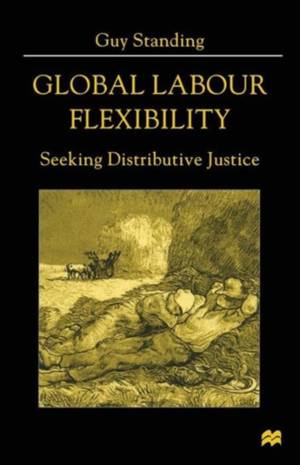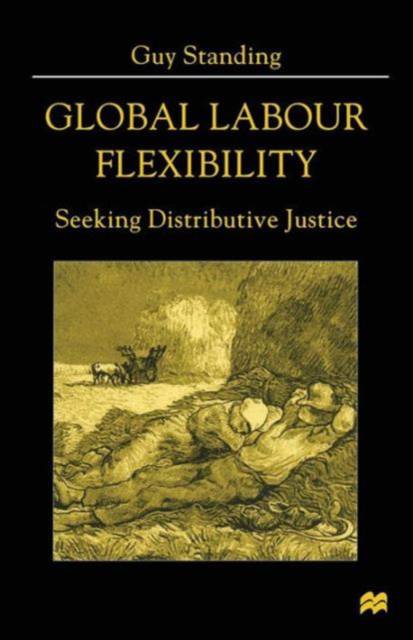
- Afhalen na 1 uur in een winkel met voorraad
- Gratis thuislevering in België vanaf € 30
- Ruim aanbod met 7 miljoen producten
- Afhalen na 1 uur in een winkel met voorraad
- Gratis thuislevering in België vanaf € 30
- Ruim aanbod met 7 miljoen producten
Zoeken
€ 166,45
+ 332 punten
Uitvoering
Omschrijving
What models of distributive justice can the twenty-first century promote to challenge the spread of insecurity, inequality and social fragmentation? The twentieth century was dominated by competition between two labour models of society - state socialism and welfare state capitalism, which promoted forms of labour security. Since the 1970s globalization and flexible labour markets have increased insecurity and inequalities. After a period dominated by libertarianism, politicians and social thinkers must find ways of promoting distributive justice, based on basic security and new forms of voice representation and regulation. Dismissing the approach of the `new paternalists', this book presents a vision combining security of income and representation without moralistic state control.
Specificaties
Betrokkenen
- Auteur(s):
- Uitgeverij:
Inhoud
- Aantal bladzijden:
- 441
- Taal:
- Engels
Eigenschappen
- Productcode (EAN):
- 9780333776520
- Verschijningsdatum:
- 20/06/1999
- Uitvoering:
- Paperback
- Formaat:
- Trade paperback (VS)
- Afmetingen:
- 140 mm x 216 mm
- Gewicht:
- 580 g

Alleen bij Standaard Boekhandel
+ 332 punten op je klantenkaart van Standaard Boekhandel
Beoordelingen
We publiceren alleen reviews die voldoen aan de voorwaarden voor reviews. Bekijk onze voorwaarden voor reviews.











